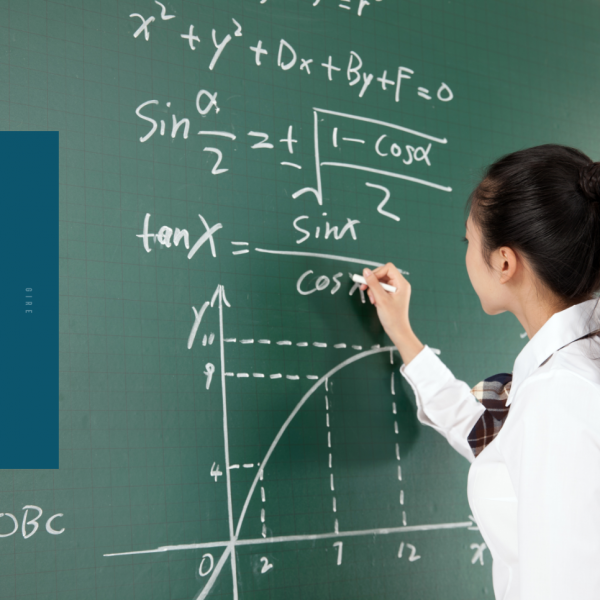| 5 Mathematics Competitions for High School Students | Extracurricular Activities | |||||
|---|---|---|---|---|---|
|
The American Invitational Mathematics Examination (AIME) stands as one of the most renowned high school mathematics competitions in the United States. Participation is limited to students who perform within the top 5% on the American Mathematics Competitions (AMC), making it a prestigious event. Competitors face a challenging set of 15 problems to be solved within a rigorous 3-hour timeframe.
2. American Mathematics Competitions (AMC) The American Mathematics Competitions (AMC) is the largest mathematics competition in the US, encompassing exams for students in grades 10 and below (AMC 10) and grades 11-12 (AMC 12). The AMC 12, in particular, covers advanced topics in trigonometry, algebra, and geometry, with competitors tackling 25 problems over 75 minutes. (※ Click here for more information.) 3. Harvard MIT Mathematics Tournament (HMMT) The Harvard MIT Mathematics Tournament (HMMT) is a team-based competition for groups of 4-8 high school students. Drawing around 1,000 participants annually from across the globe, this tournament features both team and individual rounds. Recent editions have been conducted online, bringing together students to solve high-level mathematical challenges. (※ Click here for more information.)
4. MathWorks Math Modeling Challenge The MathWorks Math Modeling Challenge (M3 Challenge) invites teams of 3-5 students to engage in creative problem-solving using mathematical principles. Over its 15-year history, the competition has attracted over 2 million student participants globally. Unlike traditional mathematics competitions, M3 Challenge focuses on applying mathematics to real-world scenarios, emphasizing analytical thinking and teamwork. (※ Click here for more information.)
5. USA Mathematical Talent Search (USAMTS) The USA Mathematical Talent Search (USAMTS) takes a unique approach by allowing students a month to ponder and submit solutions to mathematical problems. Participants must provide detailed proofs and explanations, which are then evaluated by professional mathematicians. Supported by non-profit organizations, the USAMTS is entirely free to enter and encourages rigorous mathematical reasoning. (※ Click here for more information.) |
 Click here to book
Click here to book
an information session!
(online & live)
Blog
HOME
Blog


 이전글
이전글
